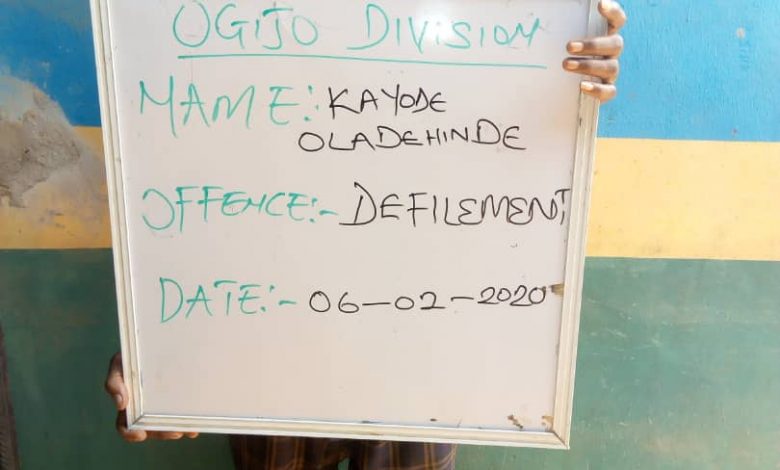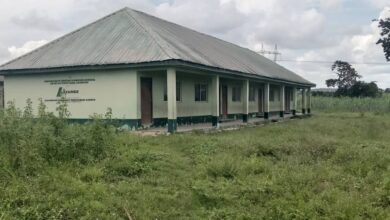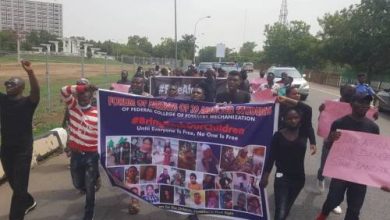
50 YEAR OLD MAN IMPREGNATES 13 YEAR OLD STEPDAUGHTER
Ogun State Police Command has arrested a 50 year old man, Kayode Oladeinde for allegedly defiling and impregnating his 13 year old step daughter, a crime committed in Olope Street of Ogijo town in Sagamu Local Government Area of the State
Penpushing reports that, the Command Public Relations Officer Abimbola Oyeyemi who confirmed on Saturday said the suspect was arrested following a report from the mother of the victim who complained at Ogijo Divisional Headquarters that her daughter informed her on the 4th of February 2020 that the suspect who is her present husband sometimes recently forcefully had carnal knowledge of her as a result of which she got pregnant.
The police spokesman added that, the victim’s mother stated further that the suspect having realized that the girl is pregnant, gave her drug to abort the pregnancy resulting to her bleeding seriously, adding that on the strength of the report, the Divisional Police Officer Ogijo Division, Suleiman Muhammad detailed his detectives to the suspect’s residence where he was promptly arrested’..
“On interrogation, the suspect who was dumbfounded when confronted by his wife only pleaded for forgiveness from his wife and the victim who is his stepdaughter”, the police image maker added.
Penpushing also reports that, Oyeyemi said investigation revealed that the mother of the victim got married to the suspect after the death of her first husband who was the father of the victim some years ago and had a child for him.
Meanwhile, the commissioner of Police Kenneth Ebrimson has ordered the transfer of the suspect to Anti -Human Trafficking and Child Labour unit of the State Criminal Investigation and intelligence Department for further investigation and possible prosecution.







